The climate and ecological crises are inextricably linked: they share common drivers and solutions.
Reclaiming green space can allow nature to recover, while simultaneously locking up carbon, and providing residents with clean air and public spaces that can help improve personal health.
To bring about the change we need, we must adapt and work together to help preserve our local resources, protect our environment, and build shared spaces for people and nature.
Through the work of our resident-led Climate and Ecological Emergency Commission, we heard that waste recycling, pollution, loss of nature and high traffic are among the biggest concerns for residents.
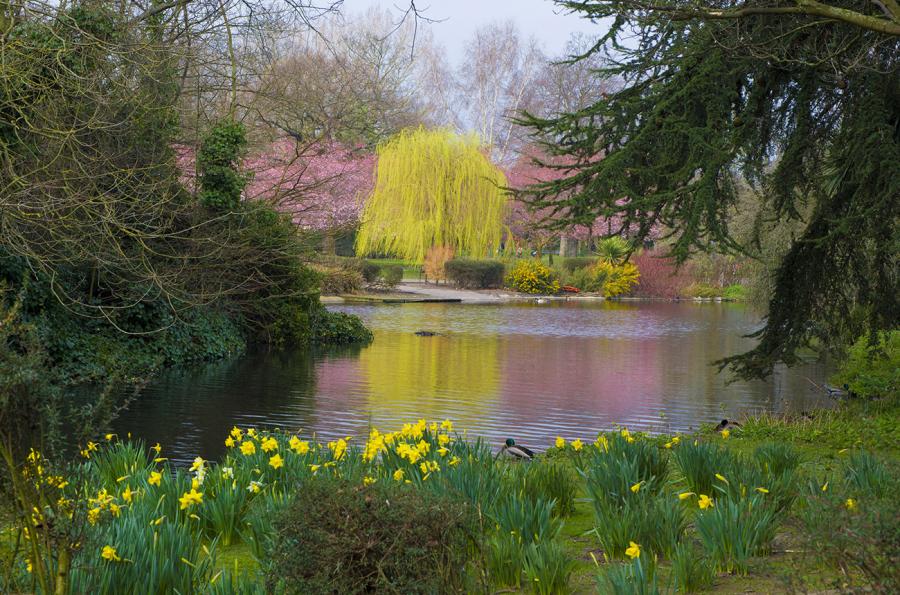
We are actively working with residents to promote sustainable choices so that we can reduce what is thrown away, and goods and materials have a second life through reuse, repair, and recycling.
Our tailormade Recycling Improvement Plan is helping to minimise waste and increase recycling, supported by our Education, Communication and Outreach team.
Successes from our South Fulham Clean Air Neighbourhood (eastern) project have seen thousands fewer cars on our roads, and that's helping to inform a new trial west of Wandsworth Bridge Road.
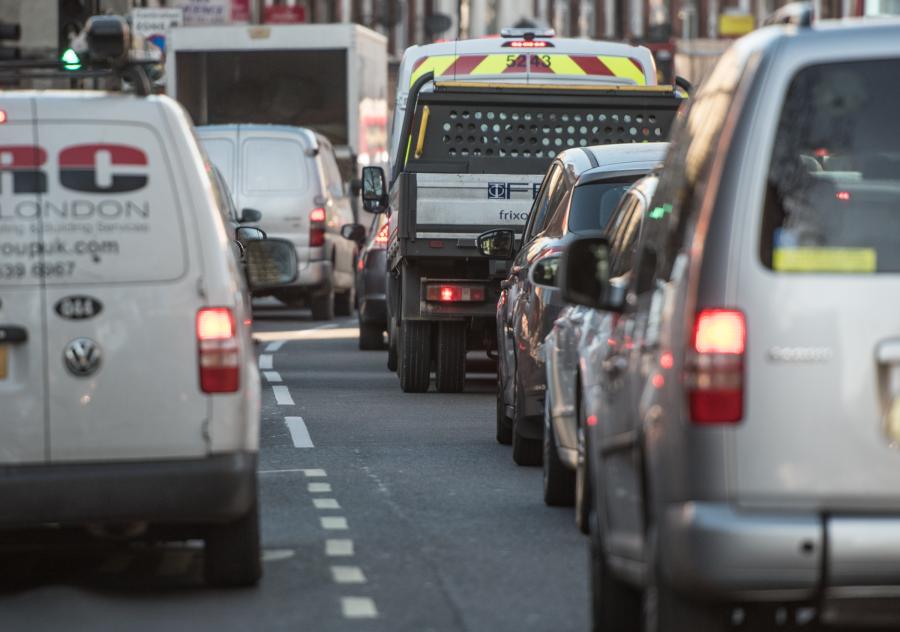
Our borough offers a fantastic opportunity to show what urban conservation can look like when space and resources are limited.
H&F has over 231 hectares of parks and green open spaces accessible to residents - 21 parks have been awarded the prestigious international Green Flag status.
Keeping and improving these important spaces is central to our ecology and climate change work - enabling us to build an environment that reflects resident's needs, whilst actively increasing local biodiversity and habitat cover.
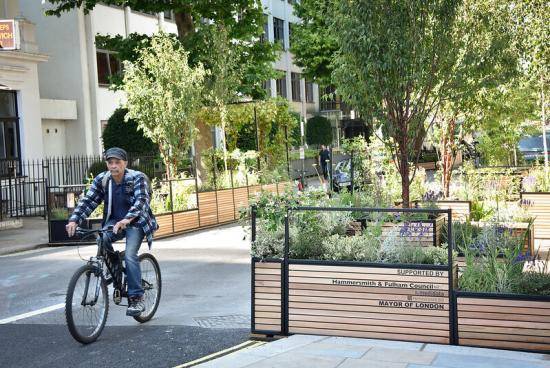
Our ambition
Our ambition is to enable the recovery of rich local ecosystems that support people and nature, and the best possible health and quality of life for all our residents.
To do this, we must ensure that green space is expanded, enriched, and nurtured and valued by all for the benefits it brings.
Short term goals
In the short term, we will:
- implement our 'parks for the future' strategy and invest in improving the appearance, maintenance and facilities of our parks and open spaces
- protect, improve and expand biodiverse habitats, including working through the planning system, making Wormwood Scrubs a local nature reserve, and expanding habitats and tree canopy with new tiny forests and pollinator pit-stops
- connect residents with nature through schools' gardens, community food growing and orchards, and free tree giveaways for residents
- grow our understanding of our biodiversity baseline, including engaging with residents to join citizen science monitoring projects
- continue to keep our streets and parks clean, and take a tough stance against anyone dropping litter, creating graffiti, or dumping rubbish
- roll out food waste caddies for more than 50,000 households
- maintain regular waste collections.
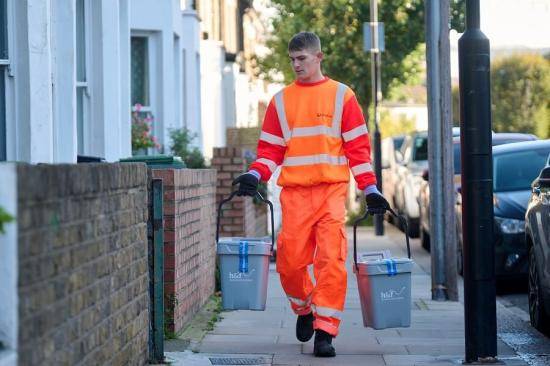
Long term goals
In the long term, we will:
- target delivering a significantly improved recycling rate
- increase the number of Green Flag parks
- open up more disused green spaces for community gardening
- retrofit ecology into our building estate, including investigating the significant potential for 'green roofing'
- review the impacts of the Clear Air Neighbourhood trial in the streets to the west of Wandsworth Bridge Road, with a full and proper consultation before a decision is made to amend, abandon, or make permanent the trial.
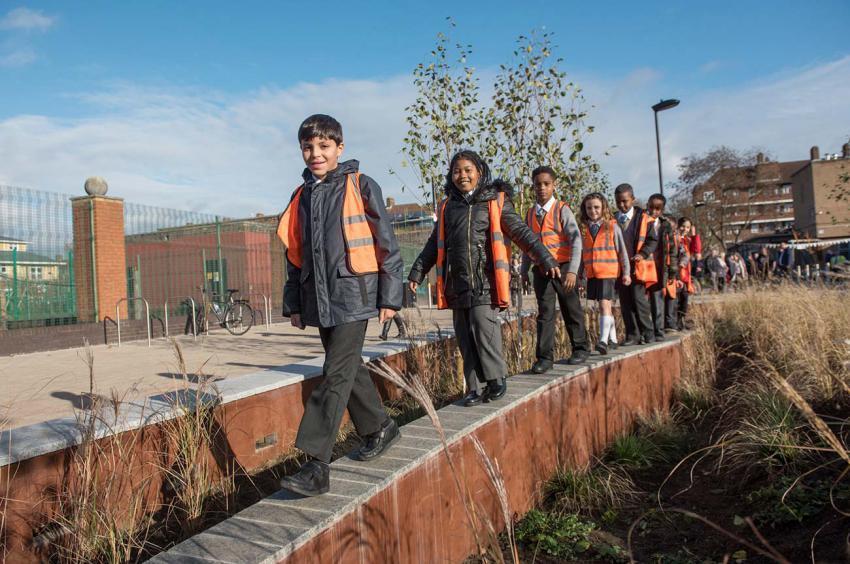
There are currently 16 urban drainage schemes in place across the borough, from Fulham to White City.